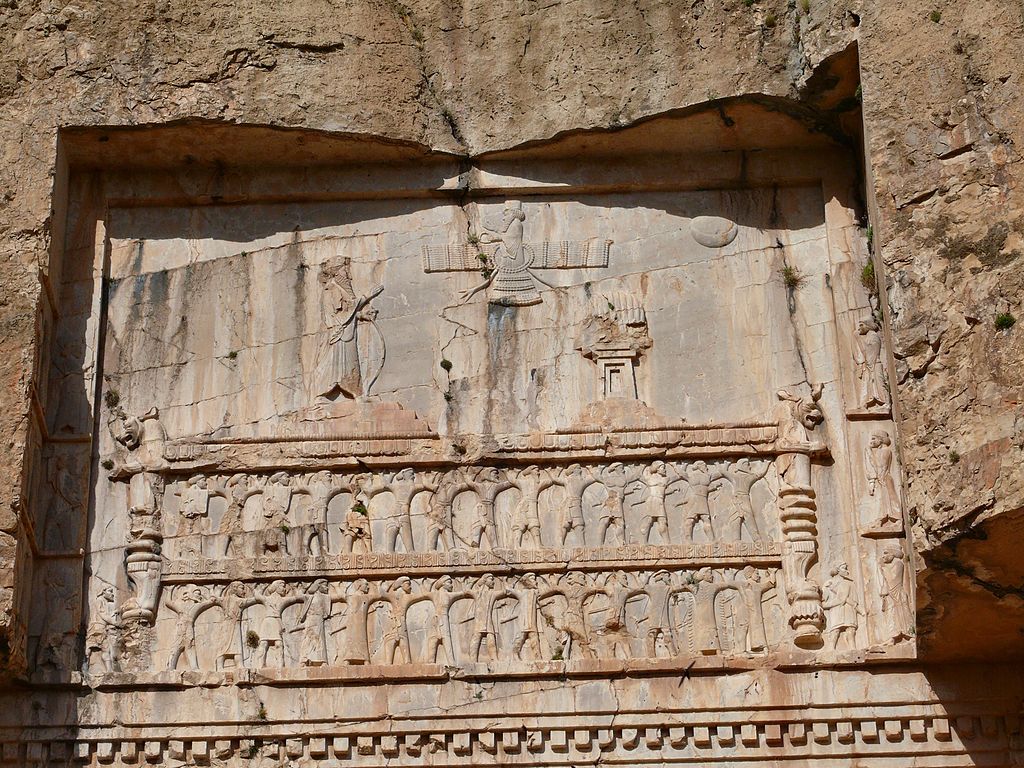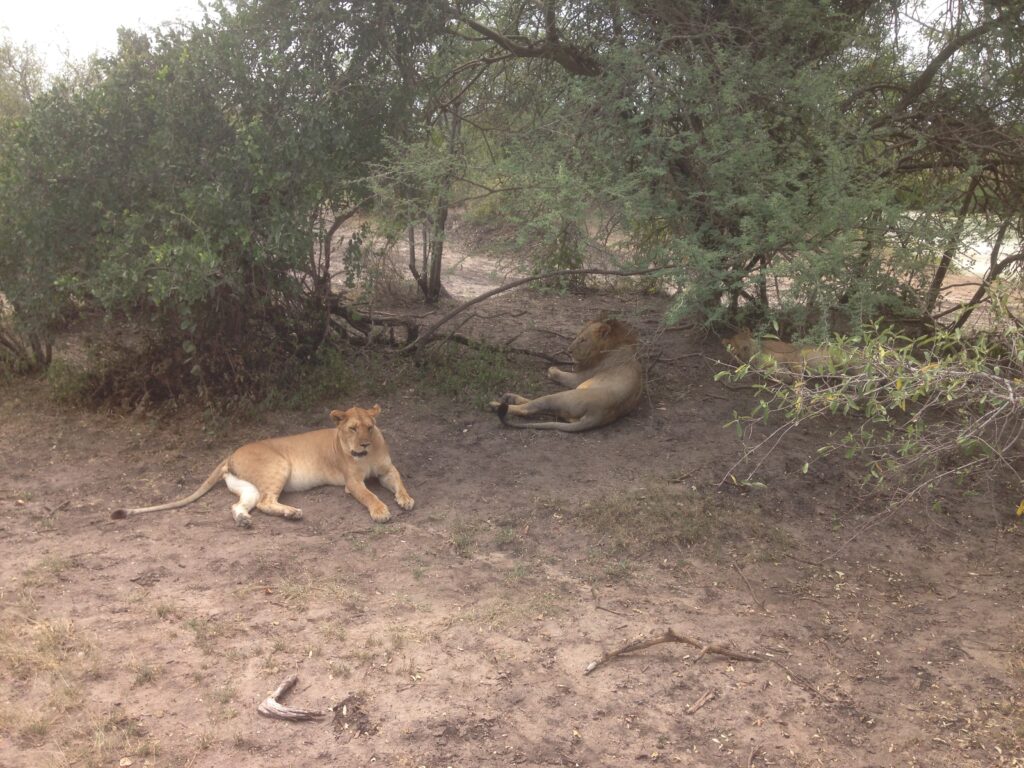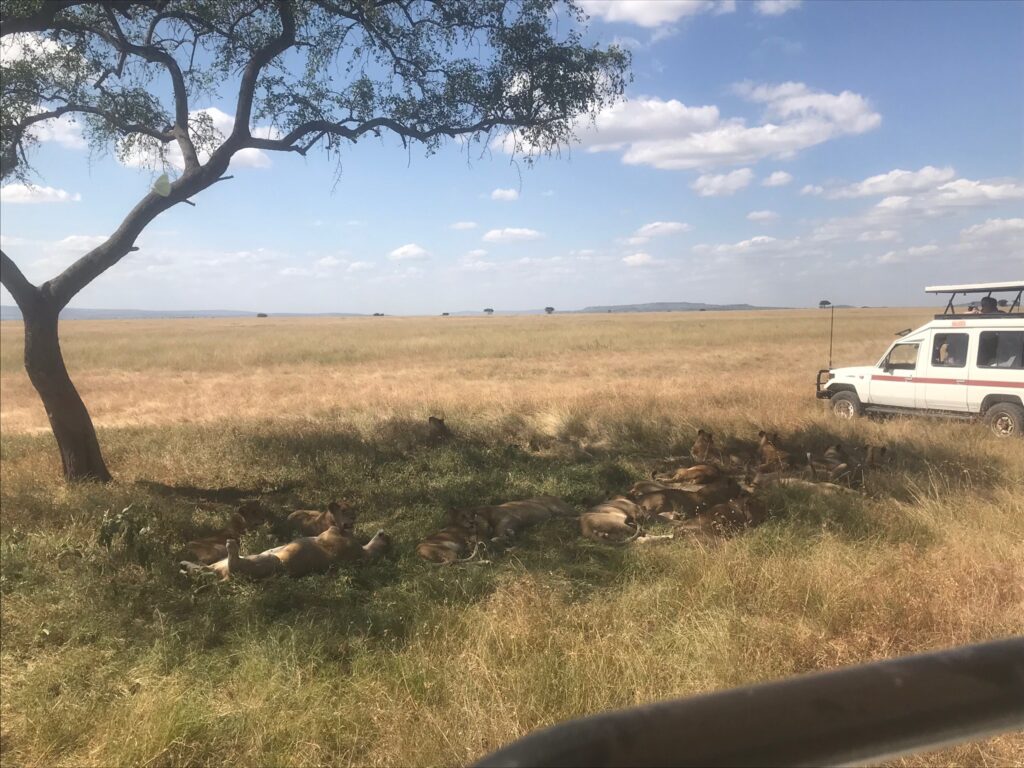
Part 1: Introduction | Part 2: We’ll See Who’s Boss | Part 3: Selfish Aims | Part 4: The King Gets What He Wants | Part 5: A Roll of the Dice | Part 6: The Tease | Part 7: Any Old Tablet | Part 8: Mental Explosion
Haman’s confidence at last night’s banquet has disappeared. Now he knows that one of the Jews he has convinced the king to execute—Mordecai—is an honored court official, and that as his wife has so helpfully pointed out, at some point in the next eleven months before the determined day of genocide, he’s going to be in a very difficult situation.
But for tonight, at least, he’s a guest of the king and queen, and there will be feasting. Might as well eat, drink, and be merry, even if at some point we die. Everybody dies eventually, right?
I’m speculating here. The writer has ended chapter 6 with a sense of foreboding; in the movie version there would be ominous music over that last sentence of the chapter. Whether Haman shares that sense of foreboding isn’t stated.
At this feast, as at the previous one, the king demonstrates that he knows this whole thing isn’t about eating or social interaction. He asks his queen again, “What is it that you want? I am willing, eager to give you whatever you might ask” (Es 7.2).
When he had asked her that question the previous night, she had simply put him off for a day, most likely to build anticipation and thus to heighten the shock of what she was going to reveal.
Now it’s time.
She asks the king to deliver her and her people from extinction (Es 7.3-4).
I note that even at this point, she does not mention the word “Jews.” It’s likely that Haman still doesn’t know her ethnicity; he may still have no idea how much trouble he’s in at this moment.
Xerxes is puzzled. Who in his right mind would seek to exterminate the Queen—and all her people? What madness is this? Don’t these morons know who they’re dealing with?
So he asks (Es 7.5). Whoever the criminals are, they will be neutralized.
And now, in one brief sentence (Es 7.6) it all comes crashing down.
It’s Haman.
This has to be the fastest transition from Clueless to Uh-Oh in the history of ever.
The king, realizing that he has been betrayed by his highest-ranking official, and likely not knowing that Haman had no idea he was endangering the Queen, storms in a rage out into the garden, likely in an effort to compose himself. Haman, now able to smell the aroma of cooked goose, moves to the Queen to beg for his life.
We know that it was customary in biblical times to eat at a low table or off a mat on the floor. The diners would recline on one side, propped up on an elbow. This was the procedure at the Last Supper, for example, when John the apostle reclined on Jesus’ breast (Jn 13.23). With that in mind, I suspect that Haman jumped to his feet, walked over to where the Queen was reclining (KJV calls it a “bed”; most modern versions call it a “couch”), and then threw himself down into a position of supplication. Angry because a Jew would not bow to him, he now ironically bows willingly at the feet of another Jew.
The king, presumably having composed himself, returns to the room to find Haman and the Queen both reclined in proximity to one another, and Haman clearly highly agitated and active, and he assumes that he’s witnessing a sexual assault (Es 7.8).
Yikes.
The king is now completely wrong twice over about Haman’s intentions. Haman had no intention of endangering the Queen in his attack on Mordecai, and of course he has no intention of assaulting the Queen with anything more than appeals for his life.
But the very act of pleading for his life has now ensured that it is forfeit.
What rotten luck.
A court official helpfully informs the king that there’s an instrument of execution ready—in Haman’s back yard, in fact. Apparently Haman had colleagues at court who were not his friends.
Off—and up—he goes.
Justice.
But we recall that even with Haman dead, the genocide proclamation is still in force and unalterable. We have a loose end to tie up.
Next time.
Photo credit: Xerxes tomb at Naqsh-e Rostam (4615488322) – Tomb of Xerxes I – Wikipedia



